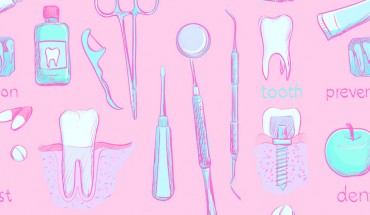London-based audiologist Nick Clive, director of London Hearing in Harley Street, fits and makes custom ear plugs for a range of clients including rock musicians, DJs and people who live and work in noisy places. ‘Everyone’s ears are different and off-the-shelf versions are catering for the average,’ says Clive. ‘You may be lucky or you may be unlucky but you are never going to get a perfect fit unless they are made especially for you,’ he says.
You may be lucky or you may be unlucky but you are never going to get a perfect fit unless they are made especially for you.
You don’t need an expert to make simple DIY mouldable ear plugs, although it helps to have a willing assistant. These plugs, which are usually made from a blend of silicone and a curing chemical, set in the right shape in your ear – as long as you follow the instructions. DIY mouldable ear plugs can be bought online from around £12.
Clive, whose bespoke ear plugs can cost hundreds of pounds, is an audiologist and can also check hearing levels before he begins the process of making the ear plugs. ‘If I see someone who has been playing in a rock band for twenty years, I check his or her hearing first. Then I decide on what filters are necessary. Someone who already has hearing loss will need a greater degree of protection for example than someone who has healthy ears and no hearing damage.’
The first stage in creating an earplug is to take impressions of the ears. This is done using a safe impression technique which can then be used to create a mould.
The first stage in creating an earplug it to take impressions of the ears.
Different filters cut out a range of decibels. Some filters cut out all noise. ‘One of the most popular plugs I make are called sleeping plugs, specifically for people who sleep lightly or has a partner that snores,’ says Clive. These plugs, designed to be worn for long periods of time, are made out of soft silicone and block out most of the ambient noise which might keep someone awake. These cost from £95 a pair. Sophisticated filters can open and close when there is a sudden loud bang- useful if you are shooting clay but want to chat to your loader while he checks your weapon.
‘The user can still speak and hear but in the event of high input gunshot the valve immediately closes and the ear is protected,’ explains Clive.
- Shake-up of services needed to ease fibromyalgia pain - 9th December 2025
- Continuous glucose monitoring reduces risk of excessive birth weight - 9th December 2025
- Significant mental health benefits of adult-worn slings - 9th December 2025







